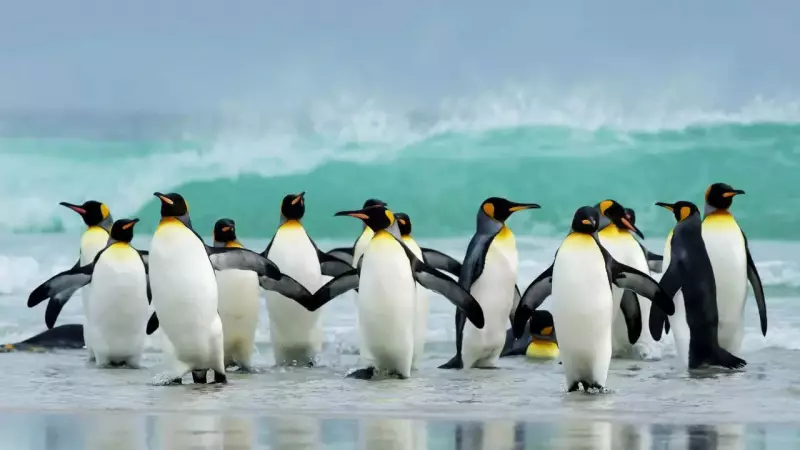
Have you ever wondered why you'll never spot a penguin waddling around the North Pole, despite the Arctic's icy landscape seeming like perfect penguin territory? The answer lies in one of evolution's most fascinating geographical tales.
The Great Hemisphere Divide
Penguins are exclusively Southern Hemisphere residents, with their evolutionary journey beginning in the cool waters around New Zealand and Australia approximately 60 million years ago. While these flightless birds eventually spread to Antarctica and other southern regions, they never managed to cross the equator into northern waters.
Nature's Impenetrable Barriers
Several key factors kept penguins confined to the south:
- The Tropical Trap: The warm equatorial waters created an insurmountable barrier for penguins adapted to cold environments
- Established Competition: The Arctic already had its own efficient predators, including polar bears, seals, and foxes
- Evolutionary Specialization: Penguins evolved specifically for Southern Hemisphere conditions and food sources
What This Teaches Us About Evolution
This geographical separation provides crucial insights into how evolution works. When populations become isolated by natural barriers like oceans or climate zones, they evolve independently, developing unique adaptations to their specific environments. This is why we see such distinct wildlife in different parts of our planet.
The Arctic's Equivalent
Interestingly, the Arctic had its own version of penguins - the Great Auk. These flightless birds filled a similar ecological role until humans drove them to extinction in the 19th century. Today, the closest living relatives to penguins in the Northern Hemisphere are auks, which can still fly.
This natural experiment in evolution shows how geography shapes biodiversity and why some species never expand beyond their original habitats, no matter how suitable other regions might appear.





